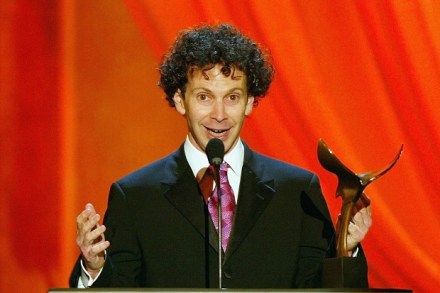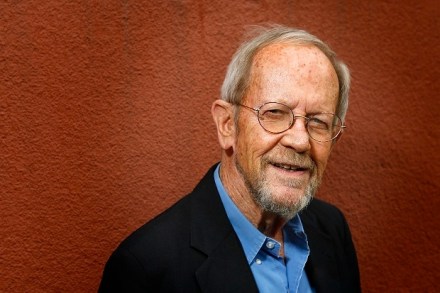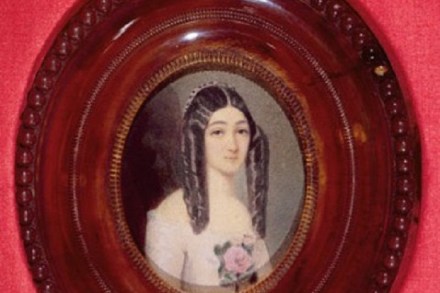The poetry of the streets
More from BooksFor good or ill, black West Indian culture is synonymous with youth culture in Britain today. Even among white teenagers, a Jamaican inflection (‘buff’, ‘bruv’) is reckoned hip. The ‘Jamaicanisation’ of British cities quickened after Jamaica’s independence in 1962, when more West Indians migrated to Britain, and London was poised to become the most Jamaican























